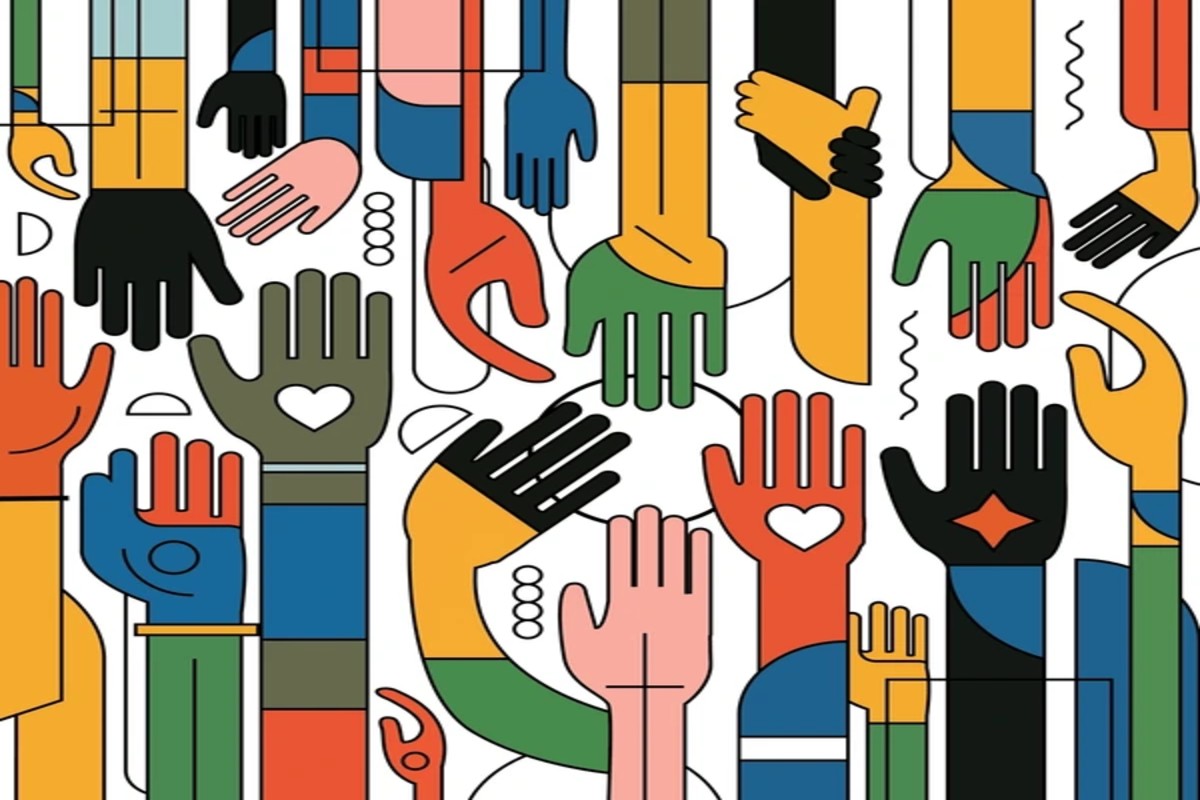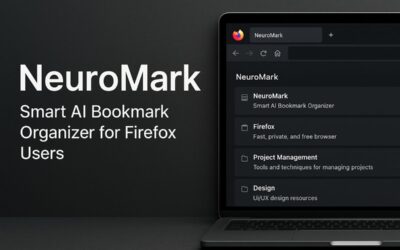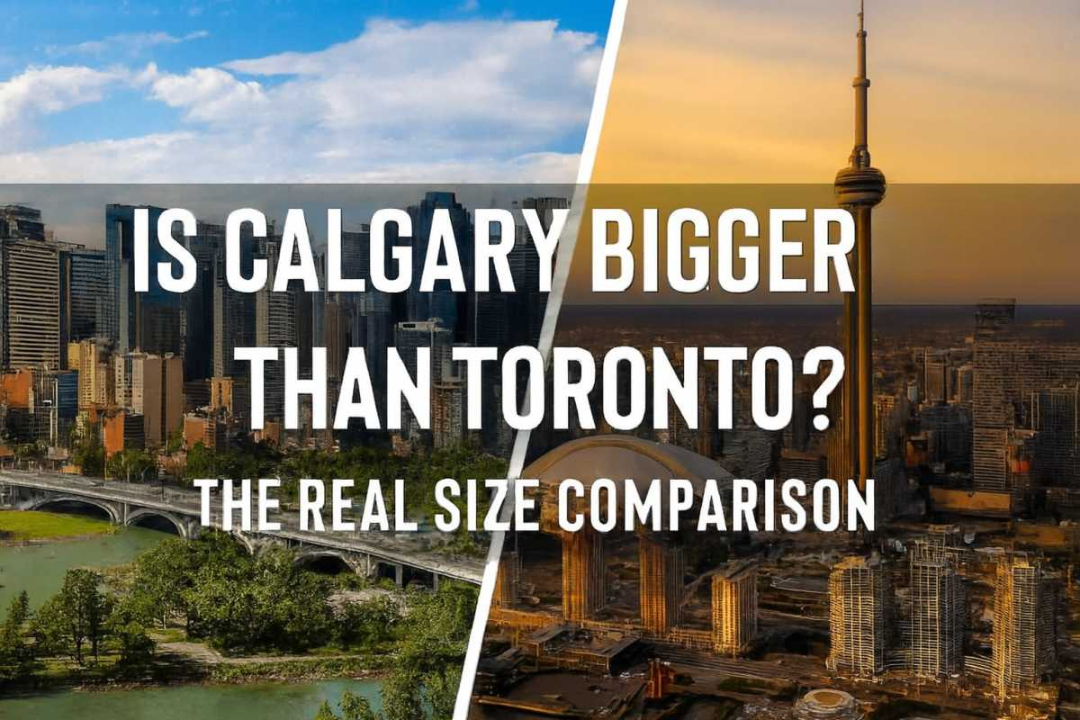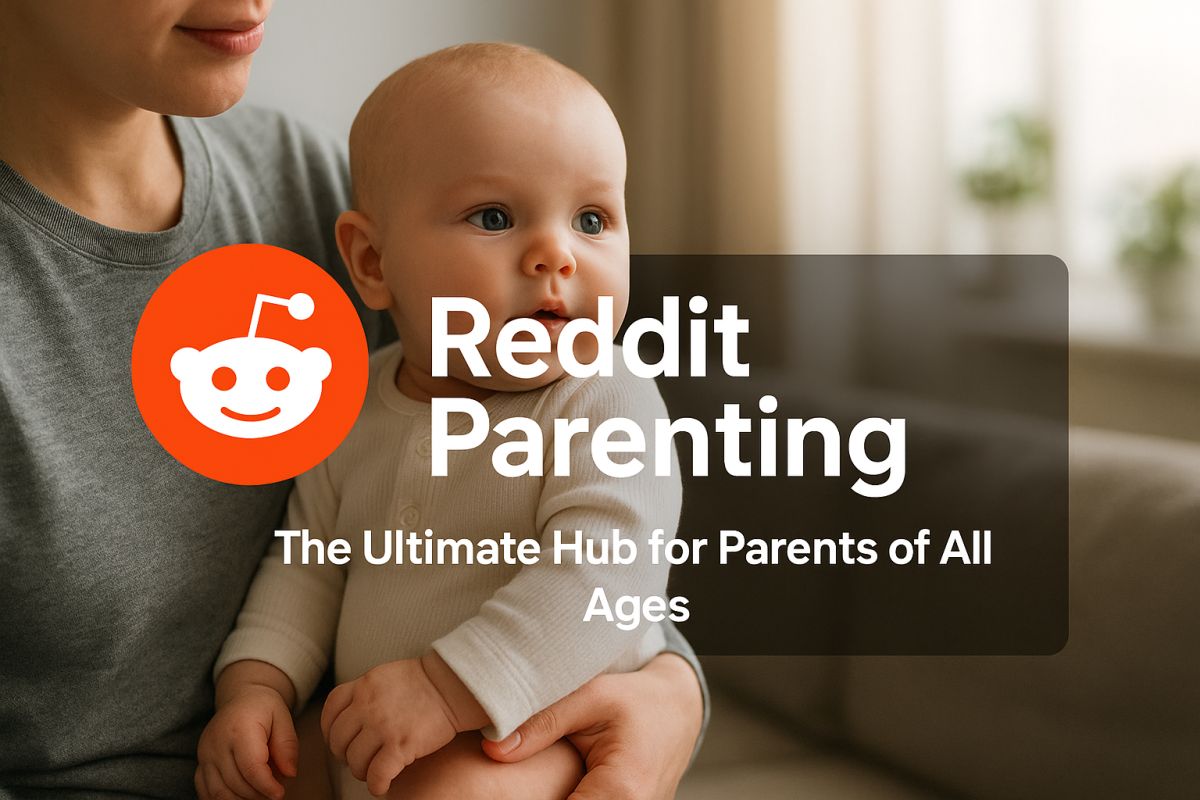What DEI Really Means and Why It Sparks Strong Reactions

Diversity, Equity, and Inclusion (DEI) means creating environments where different perspectives are welcomed, fairness is prioritized, and every individual feels they belong. While the idea sounds simple and positive, DEI sparks strong reactions because it challenges long-standing systems, beliefs, and power structures. Some view it as a necessary step toward fairness and innovation, while others see it as divisive or politically driven. To fully understand why DEI matters—and why it’s so controversial—we need to look at its meaning, impact, and criticisms.
Understanding the Core of DEI
What Does Diversity Mean?
Diversity refers to the presence of differences within a given setting. This includes race, gender, age, culture, religion, sexual orientation, ability, socioeconomic background, and more. In workplaces, schools, and communities, diversity ensures representation of varied groups.
What Does Equity Mean?
Equity is often confused with equality, but they are different. Equality gives everyone the same resources. Equity recognizes that people start from different places and ensures fair access, opportunities, and support. For example, two employees may both receive training opportunities, but one might also need mentorship or accommodations to truly thrive.
What Does Inclusion Mean?
Inclusion is about making sure that diverse individuals not only exist within a space but are also valued, respected, and empowered. An inclusive culture makes people feel safe to express themselves without fear of judgment or exclusion.
Why DEI Matters Today
- Business Innovation: Studies show diverse teams bring fresh perspectives, leading to better problem-solving and innovation.
- Social Justice: DEI addresses systemic inequalities that have historically disadvantaged certain groups.
- Employee Engagement: Inclusive environments increase job satisfaction, reduce turnover, and foster loyalty.
- Global Competitiveness: In a connected world, organizations with diverse talent understand broader markets better.
Why DEI Sparks Strong Reactions
Despite its benefits, DEI isn’t universally embraced. The strong reactions it provokes often fall into several categories:
1. Political and Cultural Tensions
Some see DEI as a politically charged movement. In polarized environments, DEI can be framed as “identity politics” or “forced diversity,” leading to resistance.
2. Misunderstandings of Equity
Equity is often mistaken as favoritism. When resources or opportunities are adjusted to level the playing field, some people feel disadvantaged, even if the goal is fairness.
3. Fear of Change
DEI initiatives require organizations and individuals to examine biases, hiring practices, and leadership representation. This can feel uncomfortable for those who benefit from existing systems.
4. Tokenism Concerns
Some critics argue that DEI programs can lead to surface-level representation without meaningful inclusion, creating tokenism rather than real change.
5. Conflicting Outcomes
While DEI seeks to unify, poorly implemented initiatives can make people feel excluded or singled out, fueling backlash.
Examples of DEI in Practice
Workplace
- Recruitment strategies that reduce bias
- Leadership training on unconscious bias
- Employee resource groups for underrepresented communities
Education
- Inclusive curricula that represent diverse perspectives
- Equity in access to resources such as technology or counseling
- Policies ensuring safe environments for all students
Community
- Programs supporting marginalized groups
- Equitable access to healthcare, housing, and legal services
- Public celebrations of cultural diversity
The Benefits of Effective DEI
When done right, DEI delivers tangible benefits:
- Improved creativity through diverse viewpoints
- Stronger decision-making by avoiding groupthink
- Better brand reputation as organizations reflect real-world diversity
- Higher retention rates due to inclusive cultures
- Positive societal impact by reducing systemic inequalities
The Criticisms of DEI
It’s important to address criticisms head-on to understand the debate:
- Perception of lowered standards: Some believe DEI means hiring based on identity rather than skill, even though research shows diverse hires often perform equally or better.
- “Reverse discrimination” claims: A concern that DEI advantages some groups at the expense of others.
- Overemphasis on identity: Critics say too much focus on categories can overshadow shared human experiences.
- Implementation flaws: DEI efforts without accountability or depth can feel performative.
Finding Balance: Making DEI Work
For DEI to succeed, it must be more than a buzzword:
- Clear Goals: Define why DEI matters to your organization or community.
- Leadership Commitment: Leaders must model inclusive behaviors.
- Data and Accountability: Track progress and measure outcomes.
- Education and Awareness: Training on unconscious bias, empathy, and communication.
- Authenticity: Efforts should be genuine, not just to avoid criticism.
Why the Reactions Are Part of the Process
Strong reactions to DEI are natural because it addresses deep-rooted issues. Change challenges comfort zones. For those who’ve always had access to opportunities, equity can feel like a loss. For marginalized groups, it’s often seen as long-overdue justice. The clash of perspectives is what makes the conversation complex yet essential.
Conclusion
DEI – Diversity, Equity, and Inclusion – at its heart means fairness, representation, and belonging. It sparks strong reactions because it asks society to rethink privilege, systems, and values. Some see it as progress, others as a threat. But whether embraced or criticized, DEI reflects one undeniable truth: societies and organizations that actively include diverse voices are stronger, fairer, and better prepared for the future.








